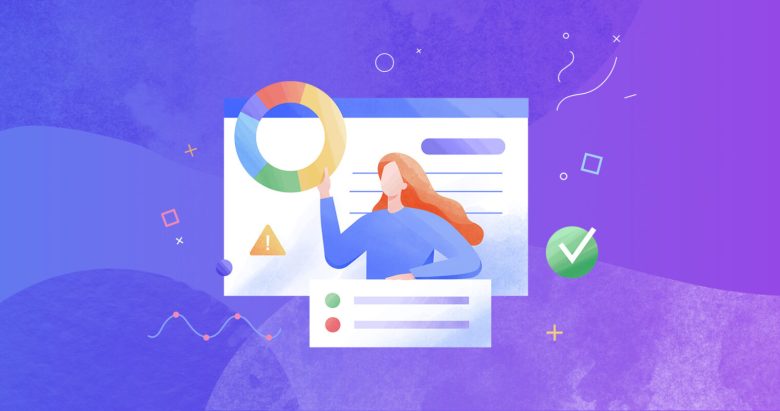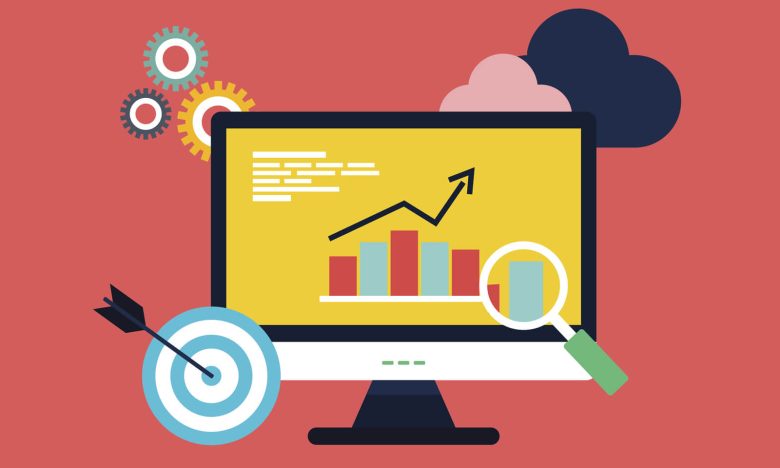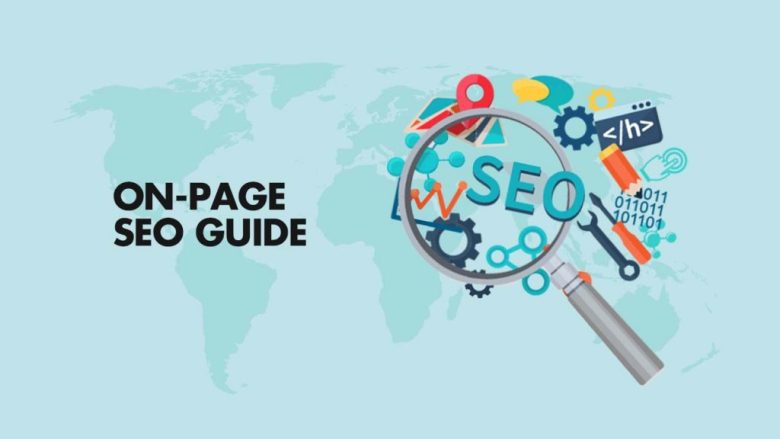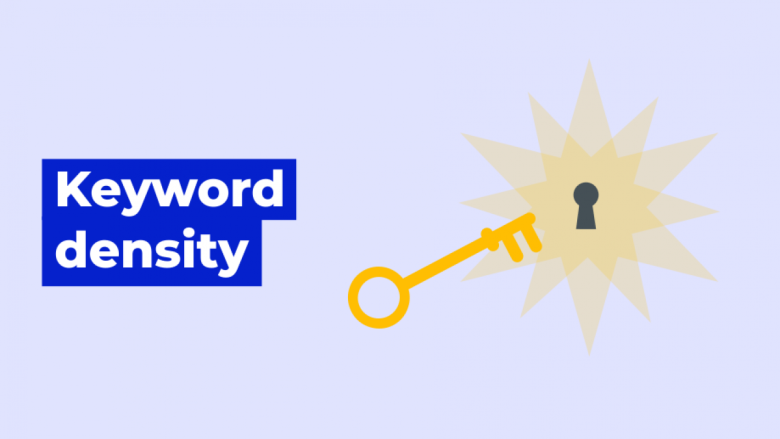On-page SEO is essential for your website as it improves your search engine ranking on Google and allows the search engine to understand the content available on your webpages. The better Google can understand your on-page content, the higher your ranking on the search engine result page will be.
If you are a webmaster trying to optimize your on-page content to rank well on Google, this post is for you.
Contents
What is On-Page SEO?
On-page search engine optimization is the process of optimizing your webpages in order to increase your ranking on search engines. You can leverage specific keywords and keyphrases to attract organic traffic to your website.
The process of on-page SEO requires you to align page-level elements using keywords in headings, content, and title tags. You must also consider the search intent of the user, as this will help you find the keywords that the user will enter to search for the product, service, or information you are offering.
That said, on-page SEO is not a one-time activity because Google’s SEO algorithm continues to evolve. In 2024 alone, Google conducted over 800,000 experiments while updating its SEO algorithm over 5,000 times. Therefore, you must stay on top of your on-page SEO to maintain a decent search engine ranking.
While most companies have on-page SEO specialists to optimize their websites, you can look for a top rated SEO company near you to handle this responsibility.
Proven Strategies to Optimize Your On-Page SEO

Source: lulu.com
Here are the strategies that help improve your search engine ranking via on-page optimization as recommended by this website.
1. URL Optimization
According to Google, your URLs help the search engine understand what your webpage is all about. To optimize your URL, you can incorporate the primary keyword in it. However, you must use real words and try to make your URL short and easy to understand. You should also use a hyphen between words.
2. Meta Description and Title Tag

Source: volusion.com
Meta tags are a critical element in on-page optimization. There is a title tag for every webpage which appears as a headline in search engine results. On the other hand, a meta description is a summary of your webpage’s content. These elements help the search engine understand each webpage’s content.
Using keywords in your meta description and title tags will also help Google and other search engines understand the context of your on-page content. Optimizing these two elements will help increase the click-through rate (CTR), translating into more organic traffic.
To optimize your on-page content, follow these steps:
- Try to keep the primary keyword at the beginning of your title.
- The title should be between 55 and 60 characters to appear in the search result fully. A longer title will get cut off.
- Avoid using all caps in title tags.
- Give each page a unique title so Google does not mistake it for being a duplicate page.
- Write compelling titles to pique users’ interest in clicking on the link.
- Include your keyword in the meta description and keep the meta description under 155 characters.
- Make sure that your meta description accurately describes the content on your page.
3. Schema
Schema, or structured data, helps the search engine understand your content better. For example, you are selling a product, and the webpage contains information about the product’s availability, price, and ratings. However, Google won’t understand the data unless you structure this information in a certain way.
The simplest way to implement schema is using Google’s own Structured Data Markup Helper. Enter your webpage’s URL, and Google will guide you on the process of using the correct structured data. You can test your schema performance on the Structured Data Testing Tool by Google.
4. Headers Improve Your On-page SEO

Source: shoutmeloud.com
Use multiple headers in your content and webpage, such as H1, H2, H3, etc. This will help you incorporate keywords and break your text into small digestible chunks. A user landing on a page with content that looks like a long wall of text will most likely abandon your website sooner. Google will take it as a sign that your page’s content isn’t relevant at all.
Therefore, multiple headers will help your user understand the content and help you offer a pleasant user experience.
5. SEO Copywriting
SEO copywriting supercharges your on-page optimization efforts. You should write a concise and compelling introduction that clearly articulates the pain point of the user and the solution you promise to offer.
Always avoid long paragraphs and sentences. If you have a long text, break it up using subheadings after every 300 words. Use target SEO keywords naturally in your content and align it with search intent. Try to use target keywords early, ideally within the first 100 words of your content.
This will help Google establish that this is your primary keyword and your entire webpage talks about his specific topic.
6. Keyword Density

Source: mangools.com
There is no definite rule by Google on the keyword density. However, you must use the keywords naturally in your content. In addition to the primary keyword, you can also use long-tail keywords to improve your page ranking. Long-tail keywords are search queries relevant to your webpage topic and help you build content.
7. Content Satisfying Search Intent
Google only wants its users to see high-quality content that can satisfy users’ search intent. Google categorizes search intent into four variants which are:
- Commercial – thesearcher is looking for products or services comparison before buying
- Informational – the user is looking for specific information
- Navigational – the user wishes to visit a particular webpage or website
- Transactional –the user actively wants to purchase
Therefore, you must create content that specifies the search intent depending on which of the above-mentioned four types your webpage belongs to.
Speaking of content, you must always write readable text. Remember, it isn’t a test of articulation and how excellent your language skills are. A user-friendly and less complex writing style will help you in the long run.
If you are a webmaster looking for help to optimize our on-page content to rank well on Google, it is time to look for the best digital agency in your area. Working with an expert SEO company will help you align your on-page content to Google’s latest SEO algorithm and receive more organic traffic to your website.
